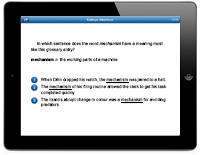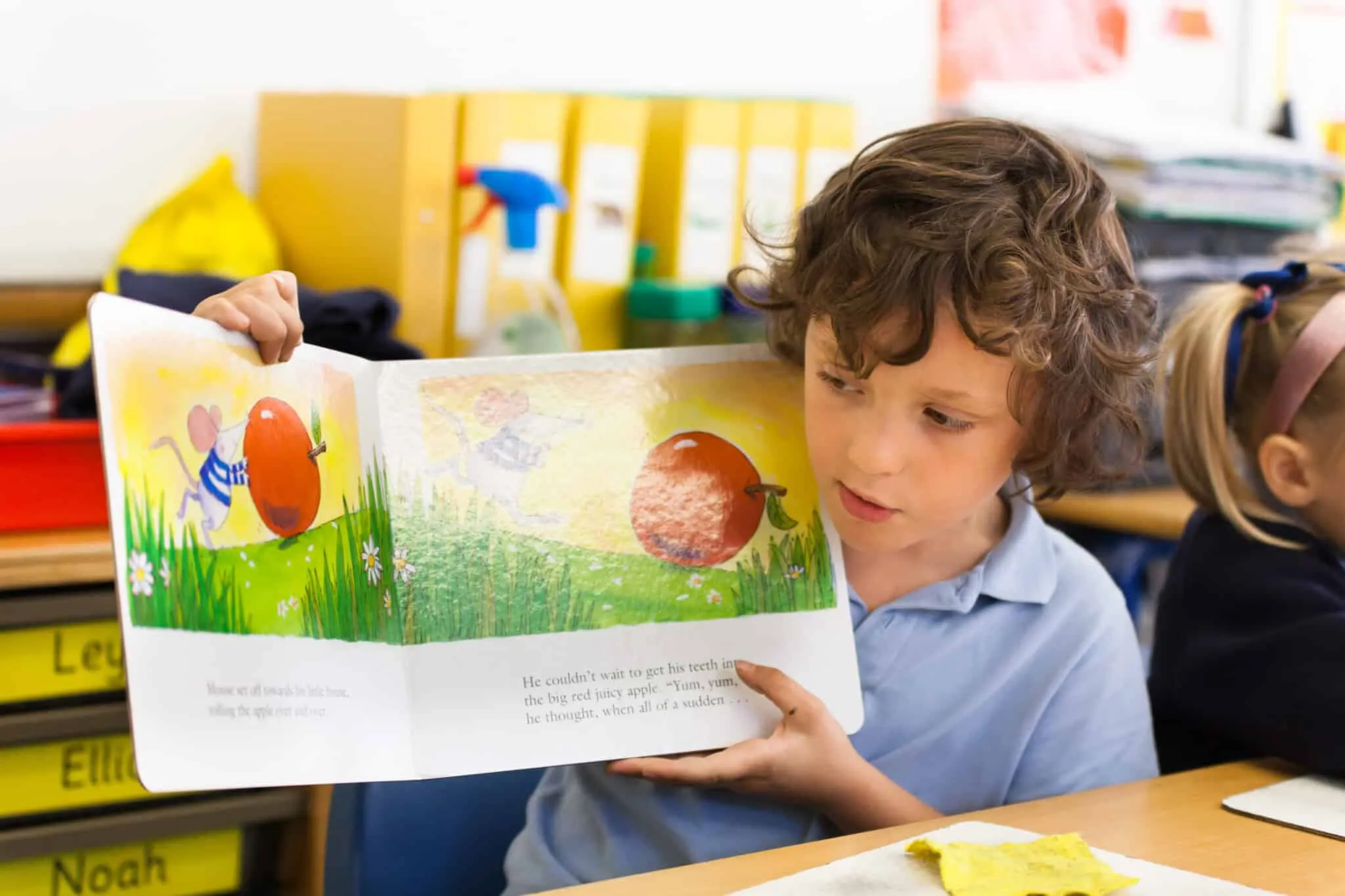April 23, 2014
STAR Reading and STAR Maths are receiving substantial enhancements in the summer. Nothing is changing or being removed from the tests and reports you’re familiar with, including reading ages and national curriculum levels. The new features are all additional developments, with new skills-based questions, learning progressions and reports being added.
New skills-based questions

The STAR Reading test will be extended to 34 questions. The first ten of these will be vocabulary-in-context questions, like those currently in the test. The final 24 questions will be new skills-based items that target a broad range of skills from the national curriculum from reception right through to the end of Key Stage 4. STAR Maths tests will also be extended to 34 questions, with new questions added to the item bank. As a result, the new tests will take slightly longer to administer – typically about 20 minutes.
Built around learning progressions for the new national curriculum
We have worked with experts at NFER to write learning progressions for the new national curriculum. Learning progressions are maps of the skills students need to master in the order in which they are typically learned. Every item in STAR has been matched to specific skills in the learning progressions, meaning that the new STAR tests assess students against the requirements of the new curriculum.
New reports to inform planning and teaching
Assessments tell you what your students know. Now, by using skill-based questions linked to learning progressions, STAR reports give detailed information about the skills your students have mastered and those they are ready to learn next.
- Instructional Planning Report
- Class – Provides a list of skill recommendations for each group identified on the Instructional Report Groupings page. Students in each group are listed in rank order according to their Scaled Score, and recommended skills are given for each skill area based on the median attainment of the group. Particularly useful for differentiating planning and instruction. View sample report.
- Individual – Shows an individual student’s current and projected Scaled Score against benchmarks. Provides a list of skill recommendations for that student. Particularly useful for guiding intervention strategies and sharing with parents and students. View sample report.
- Diagnostic Report
Includes an individual student’s most recent STAR test scores, an assessment of the level of mastery the student has achieved in specific skills within skill areas, and recommendations for further instruction. View sample report. - Record Book
Allows teachers to view students’ test scores and progress and assign them to instructional groups. Also shows all of the skills on the learning progression, broken down into skill areas. Jumps to suggested skills to help with instructional planning, and highlights the most fundamental skills that require greatest focus. View sample pages.
Frequently Asked Questions
Do I need to do anything to upgrade?
No. Every Renaissance Place customer will receive the STAR update automatically.
How often should I administer STAR tests?
You are free to screen your students as often as you feel necessary – the choice is yours.
Feedback from the schools piloting the new features suggests that you might want to consider testing more frequently than you used to. We would expect most schools to test anywhere between about three and six times a year. However, students receiving intervention may benefit from more regular monitoring.
If STAR Assessments and the learning progressions have been built for the English national curriculum, are they valid in other territories?
Although the STAR Assessments have been built for the English curriculum, they are valid and reliable in Scotland, Wales, Northern Ireland and other territories. The assessments incorporate learning progressions, which are maps of the skills students need to learn in the order they typically learn them. Although developed for the English curriculum, the principles underpinning the learning progressions are universally transferable. Some specific details (such as the year level at which some particular skills ought to be mastered) might differ for some territories, but the progressive difficulty of the skills and the order in which they are placed on the continuum are validated independently of particular curricula.
Can I purchase additional STAR licences for students not using AR or AM?
Yes; it’s easy to add STAR licences to Renaissance Place. Additional licences are £3.25 each (ex VAT). If you require a bulk purchase of licences, please contact us to find out if you qualify for a discount. Irish and International schools should contact us to obtain a quotation. Call us on 020 7184 4040 or build a quotation online.
How can I find out more information about the new features in STAR?
The best way is to attend one of the free STAR Workshops being held in locations around the UK and Ireland between April and July. Places are filling up fast, so don’t delay in booking your place at a venue near you.
Additionally, we have made available two documents that give further detail about STAR Assessments, the new features, and the new reports.
The Science of STAR | 32 pages | 4.1MB
The research foundation for STAR Assessments.
Learning Progressions in the new national curriculum | 20 pages | 5MB
An introduction to the work done by NFER to create learning progressions within STAR for the new national curriculum.
